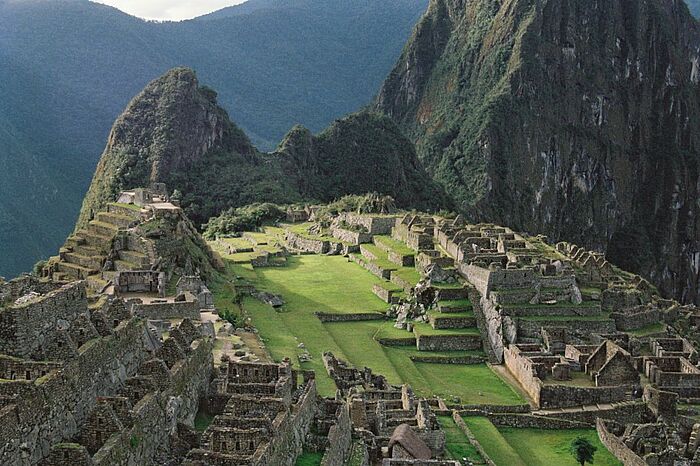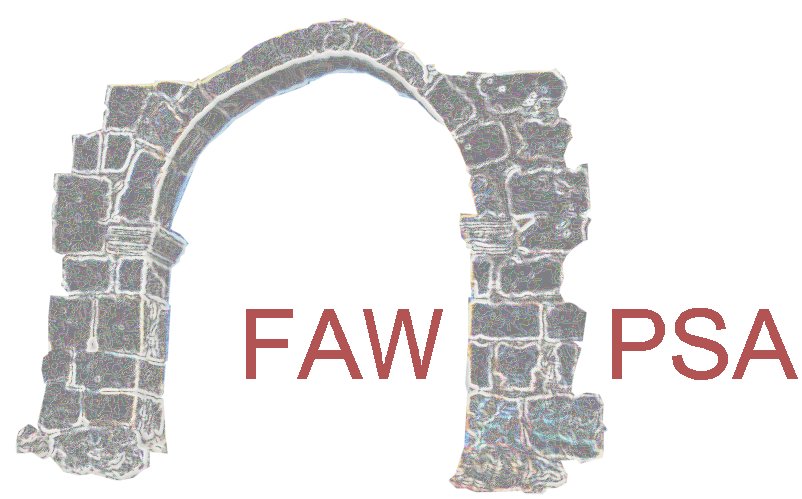Pre-Columbian studies
In the German speaking world, pre-Columbian studies focus on historical and more recent indigenous societies of Latin America in particular. It is an interdisciplinary subject combining research approaches from the areas of cultural anthropology, archaeology, ethnohistory, linguistics and other related scientific disciplines with the aim of exploring the cultural processes of indigenous societies in the Americas in historical depth.
As a regional science, pre-Columbian studies therefore examine the sociocultural developments and interactions before the continent was settled, to when complex societies began to evolve, to the period of occupation and up to the current political and social situation. This includes the impact of colonialisation and decolonialisation, globalisation and transnationalisation. Current topics of research such as sustainability, gender roles, migration, space, urbanity, statehood, construction of identity and differences, constellations of power and their negotiation by means of social, media and visualising practices are explored within their past and present contexts.
There are currently no programmes offering pre-Columbian studies in Switzerland. Archaeology and cultural anthropology courses of the American Continents are intermittently offered at some universities, as part of their archaeology, cultural anthropology, or social anthropology programmes, depending on their research focus.
Study programmes are, however, on offer in neighbouring countries. The Department of Ancient American Studies at the University of Bonn offers both Bachelor and Master’s courses. The Institute for Latin American Studies at the Freie Universität Berlin also offers pre-Columbian studies and cultural anthropology courses as part of their social and cultural anthropology programmes and their interdisciplinary module in Latin American Studies.
Information on Pre-Columbian studies

